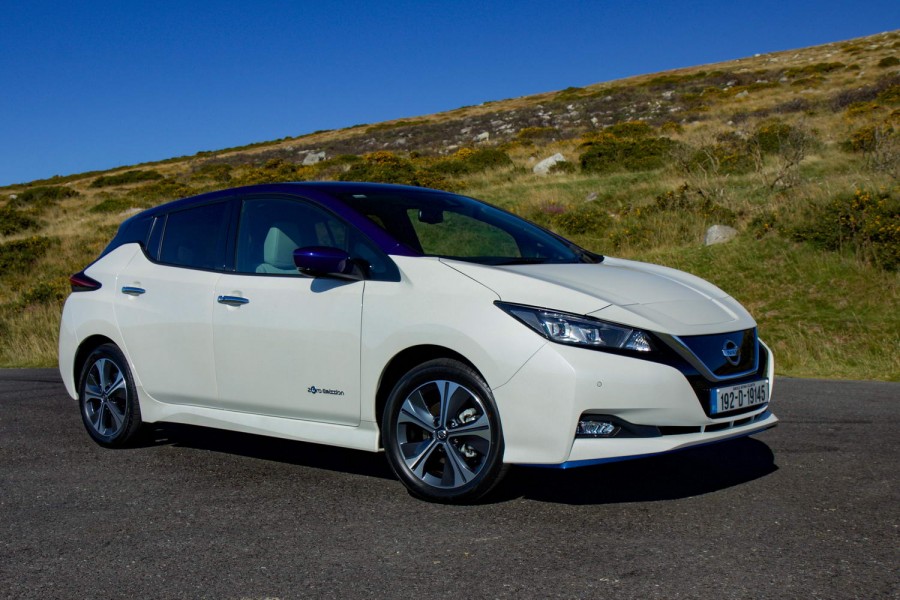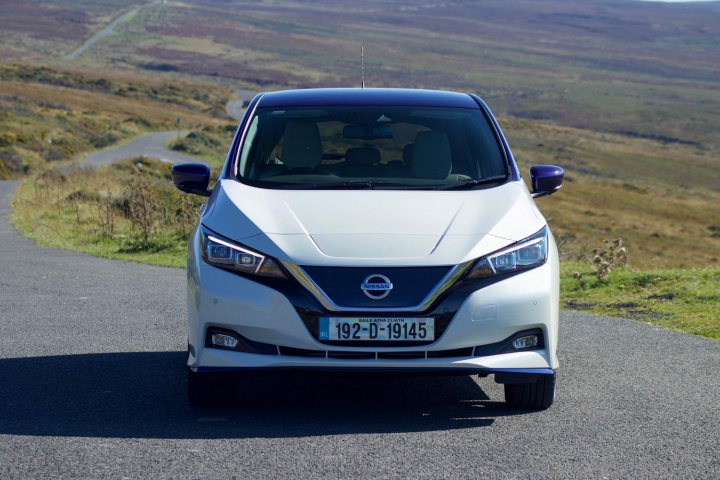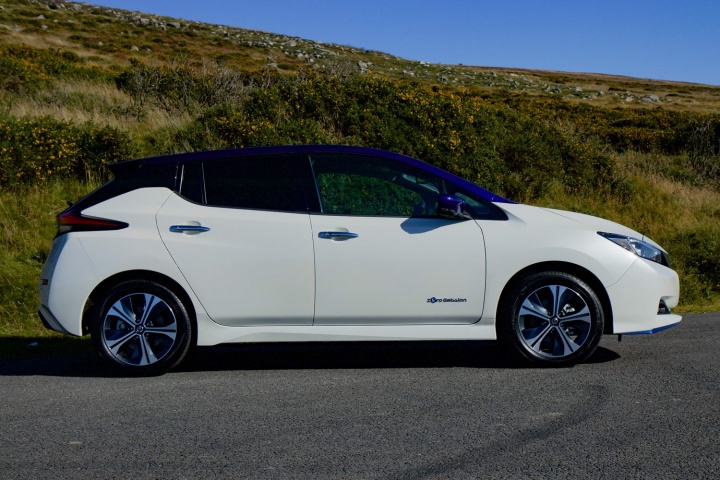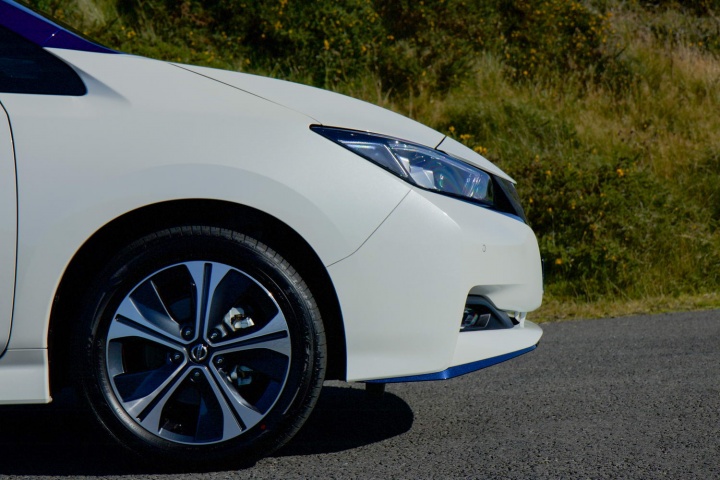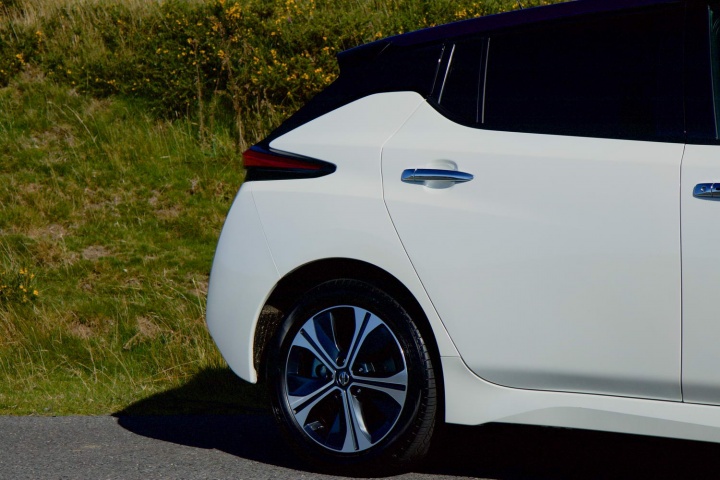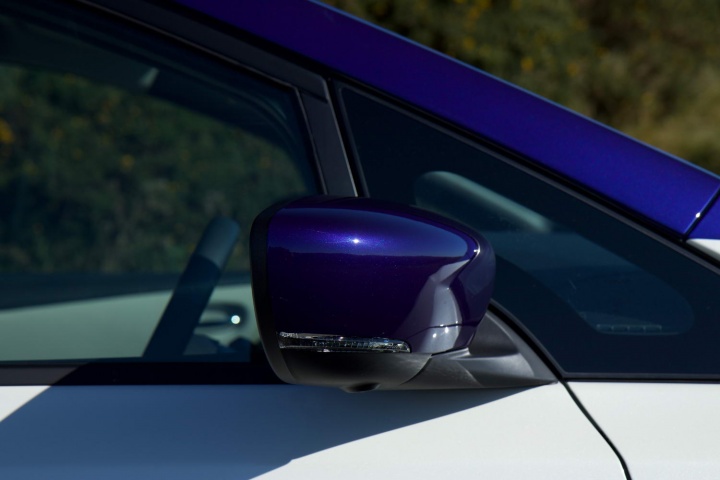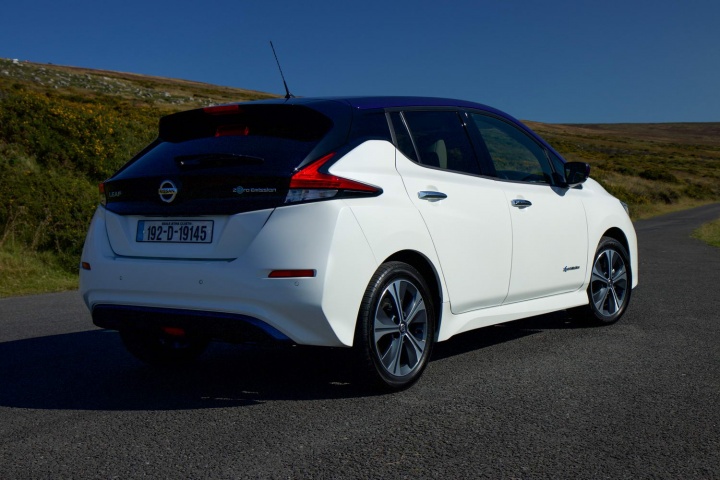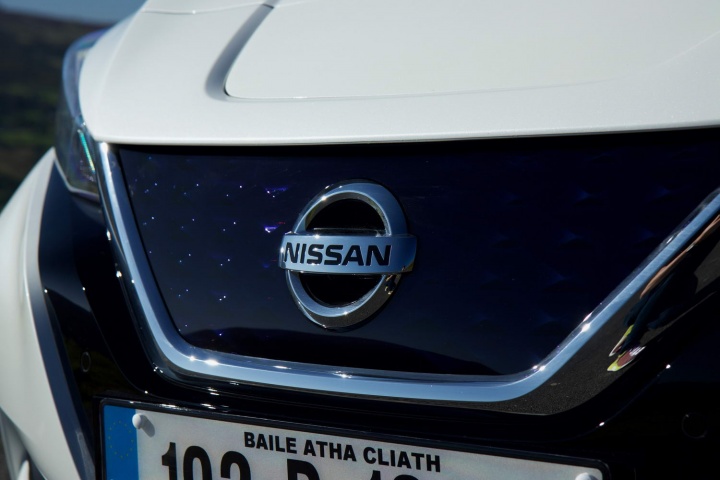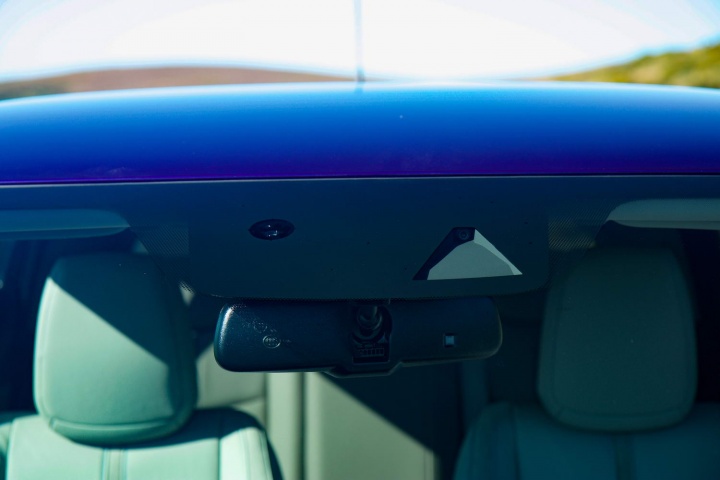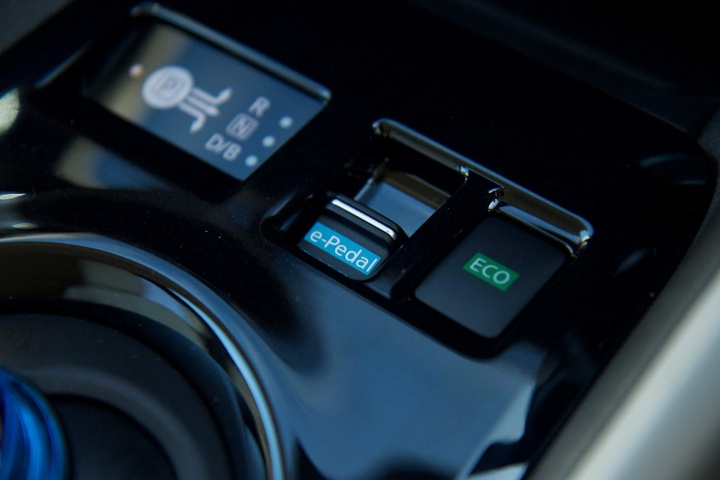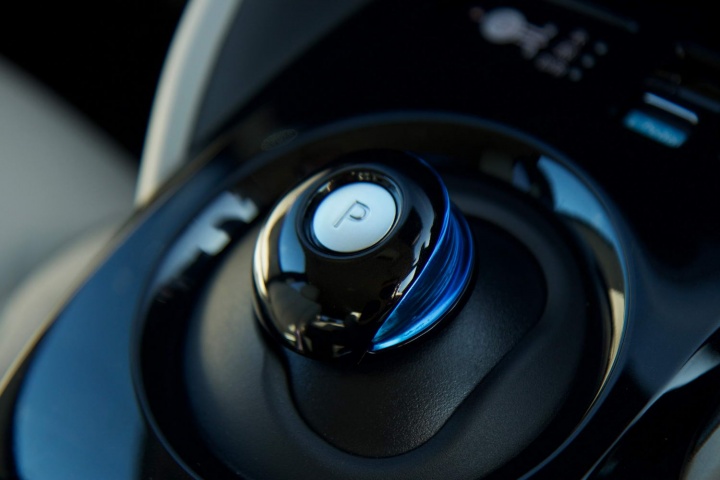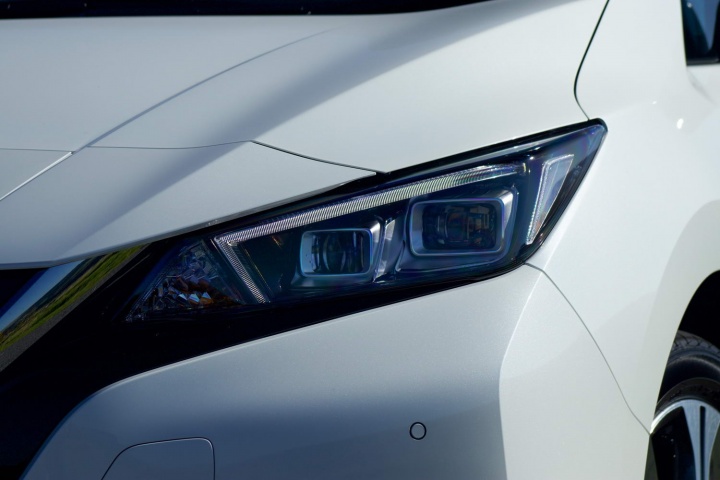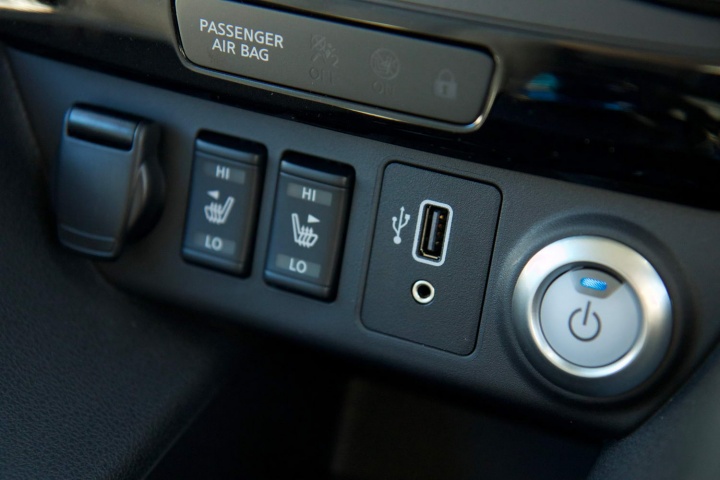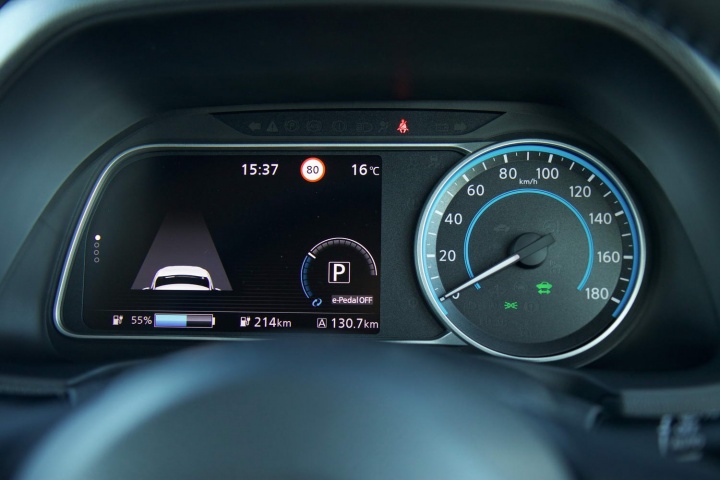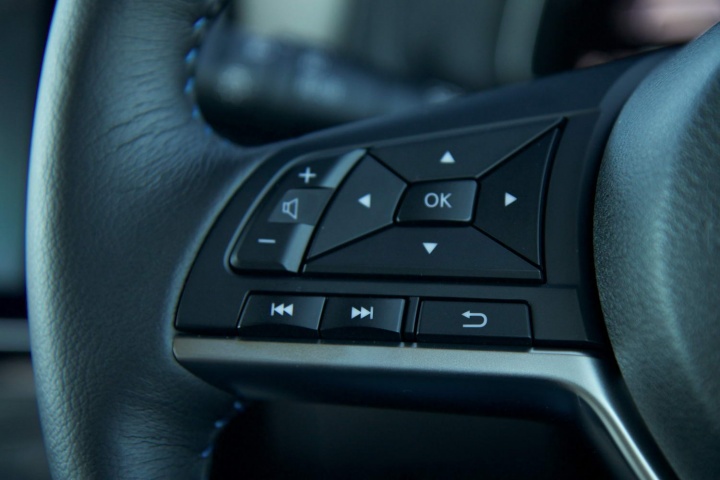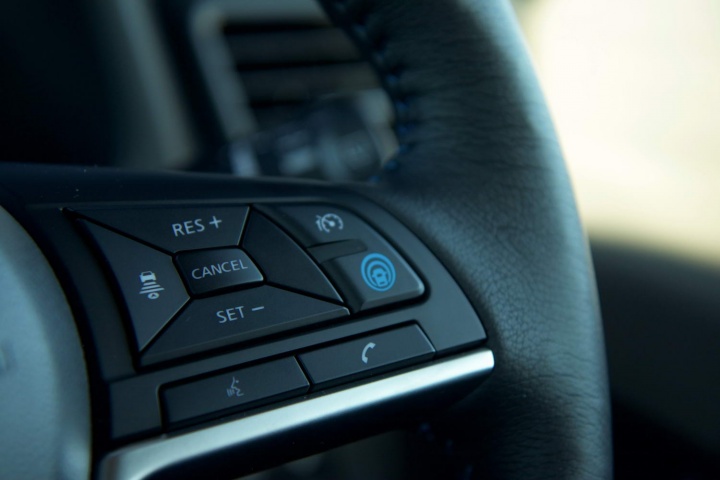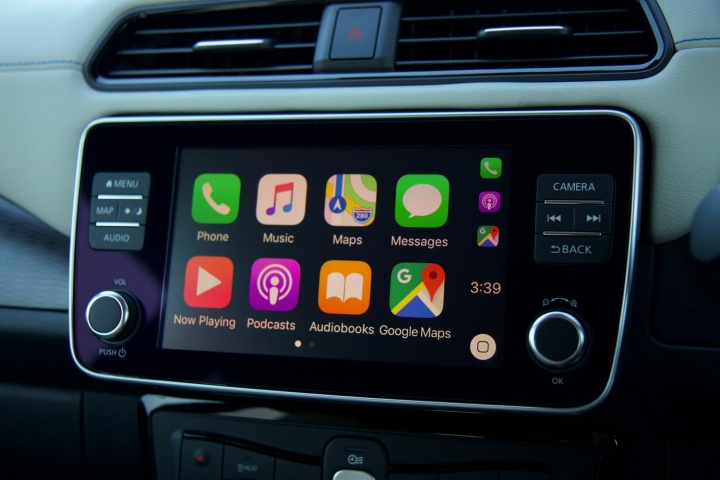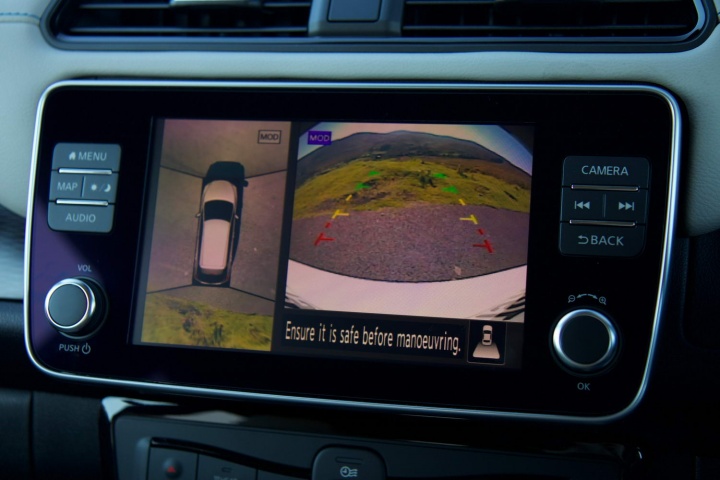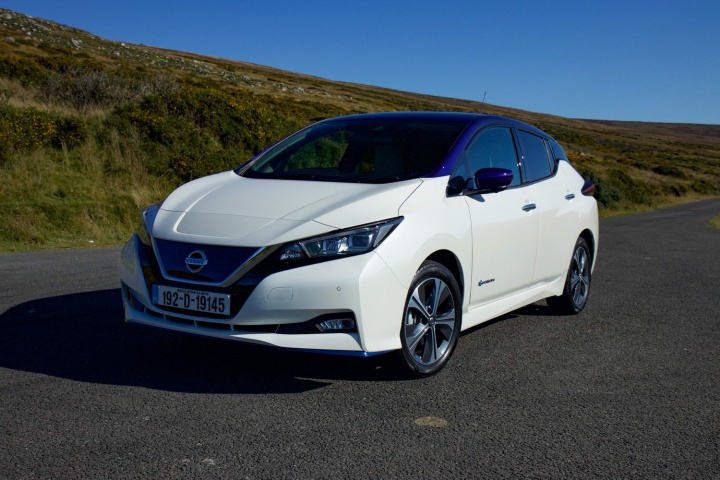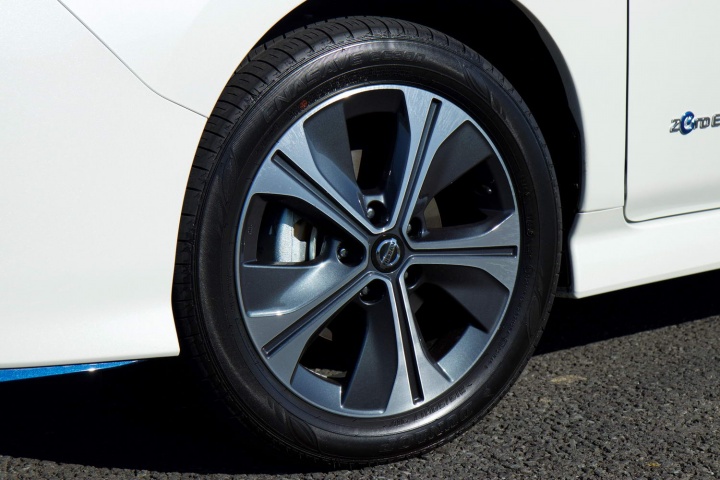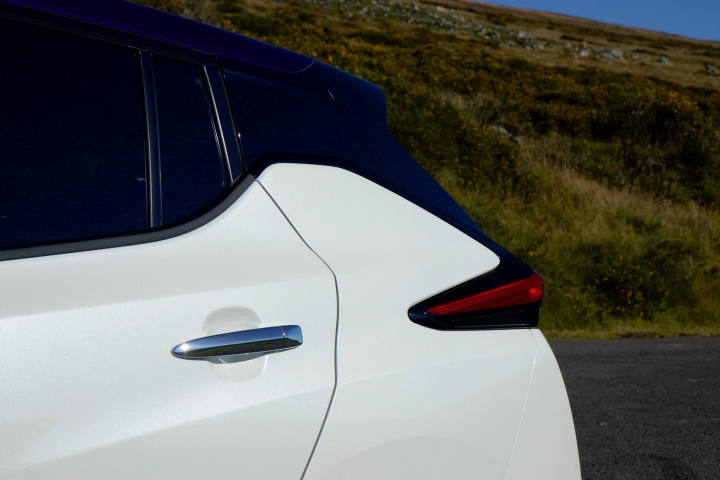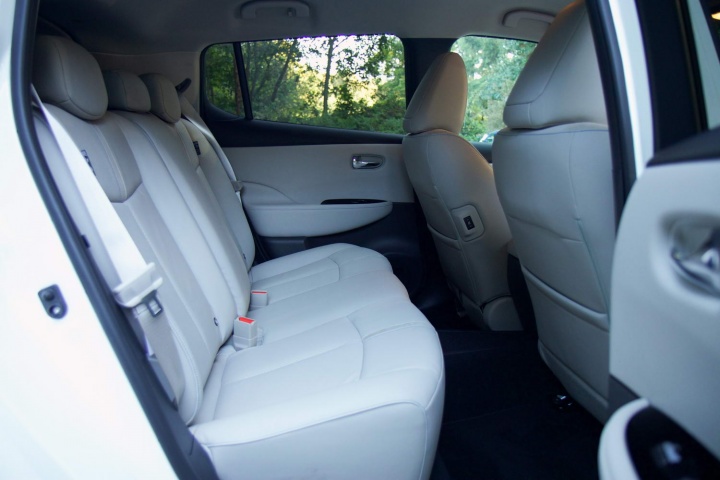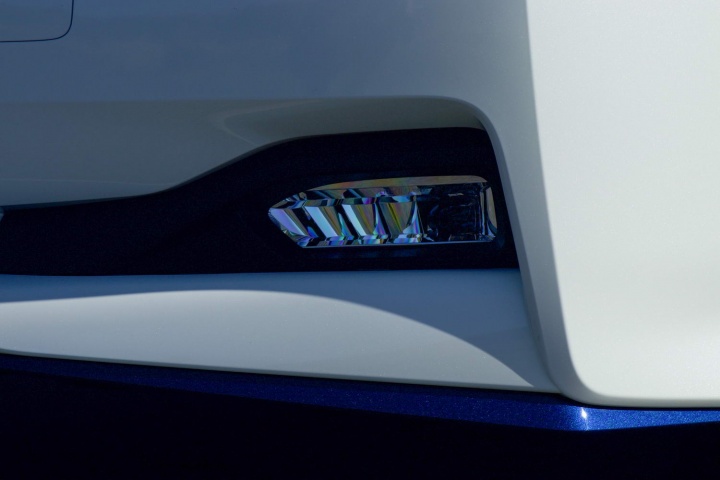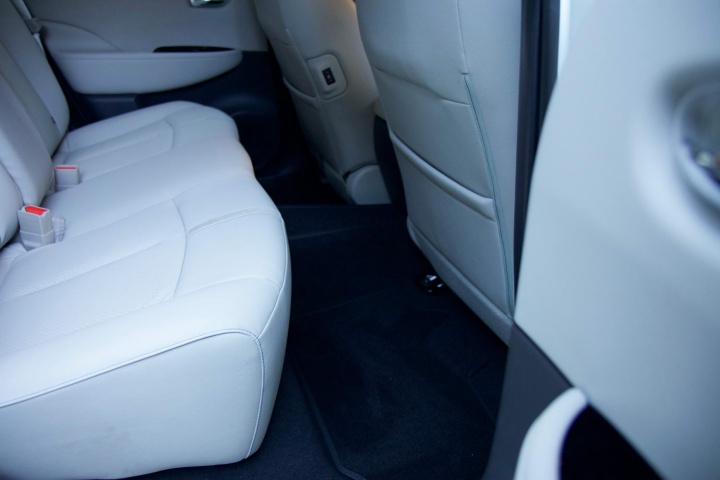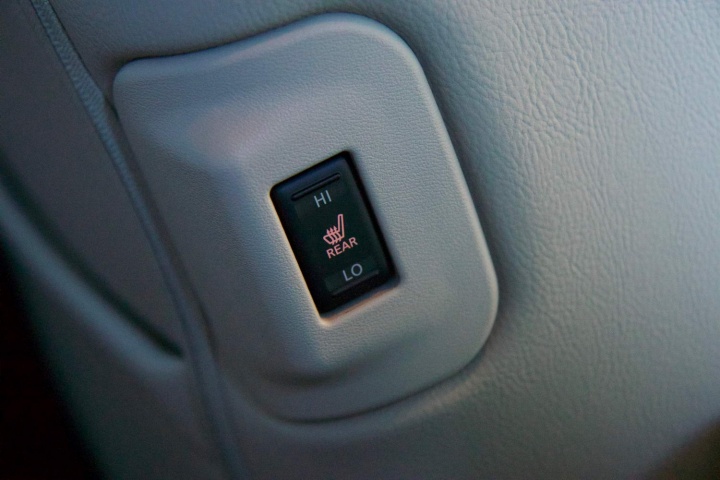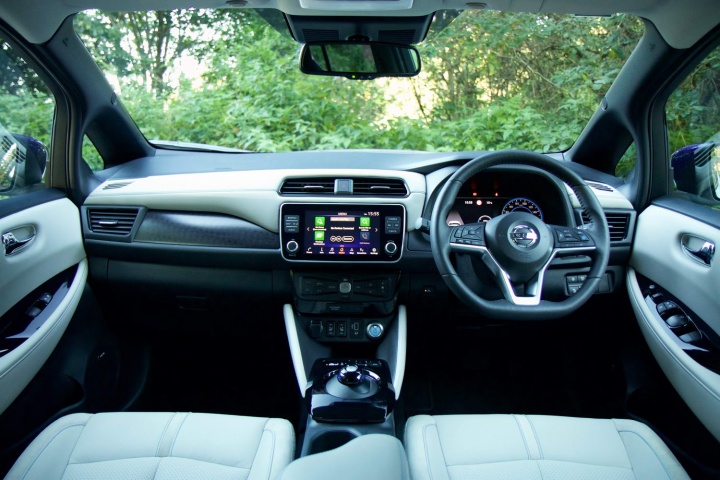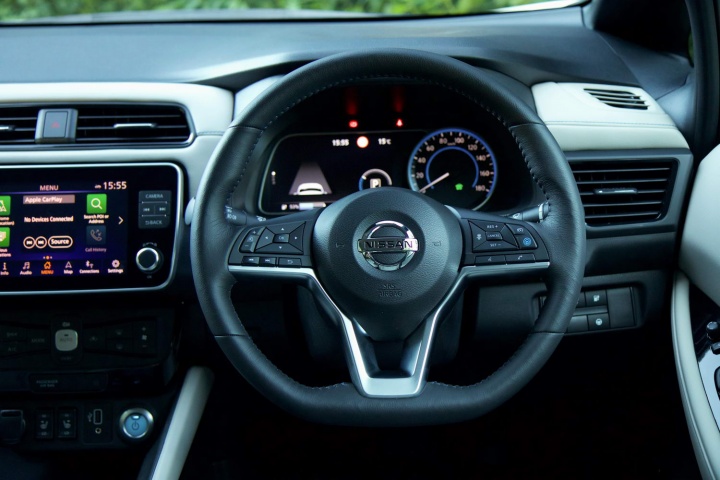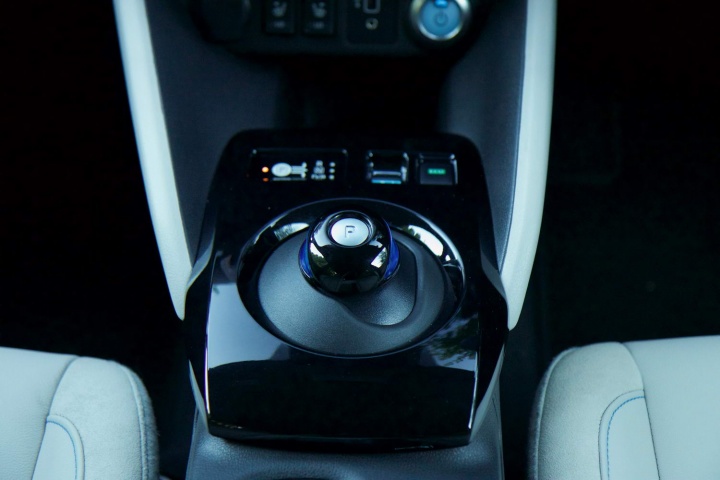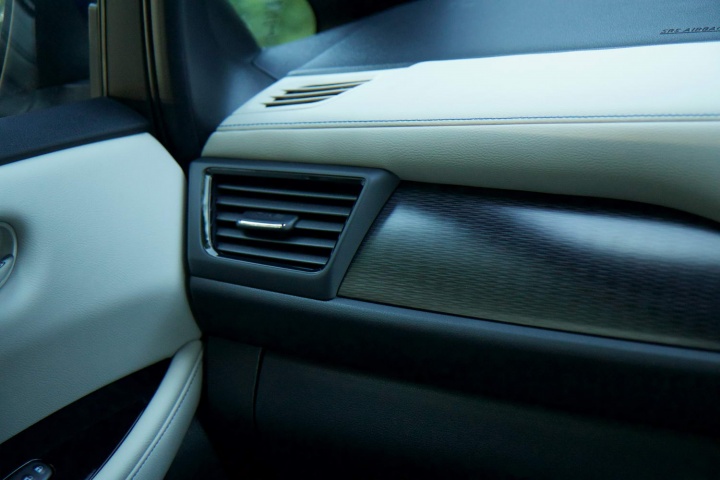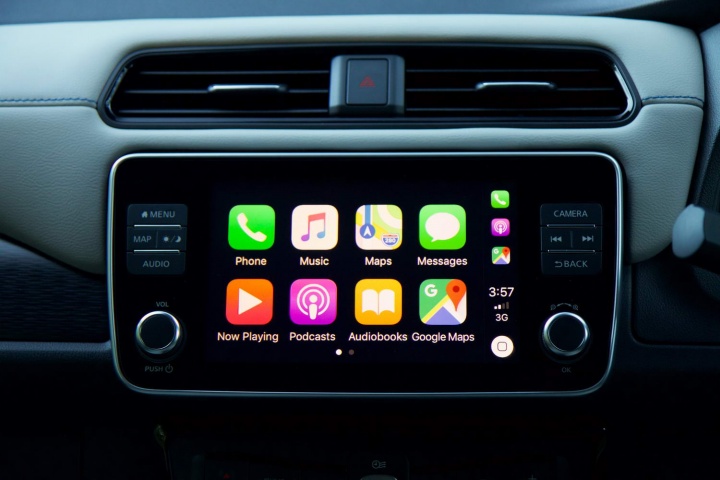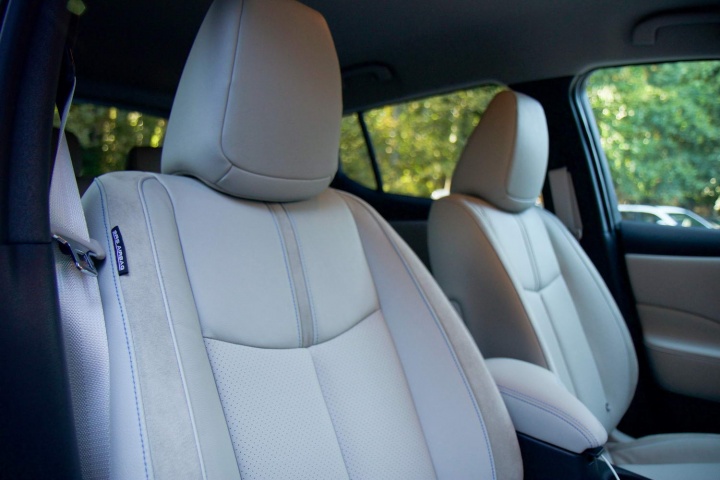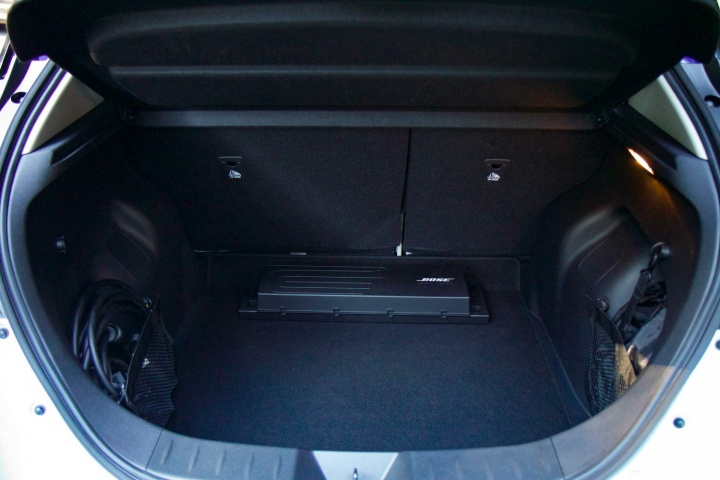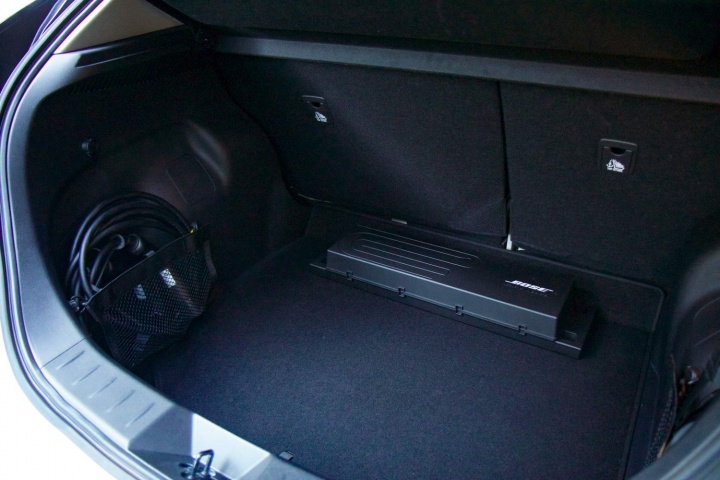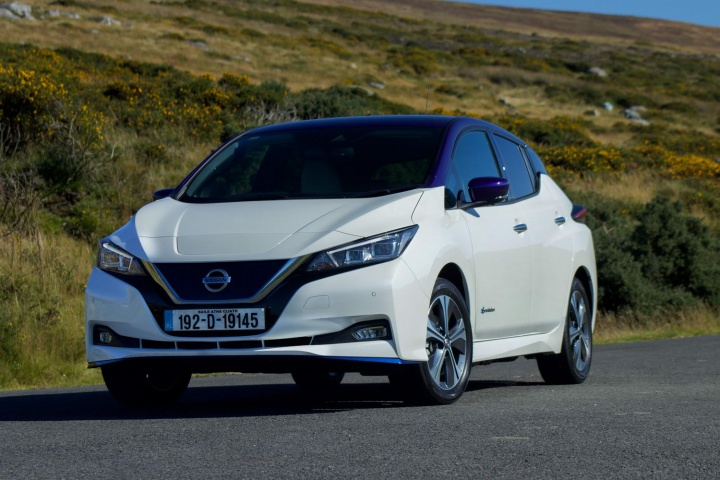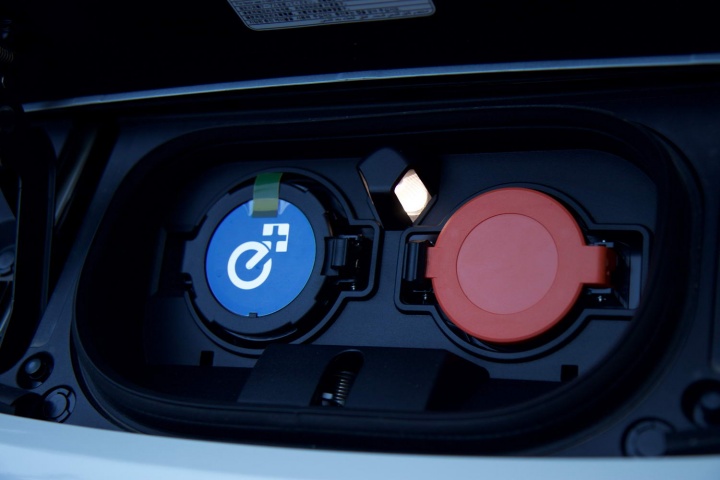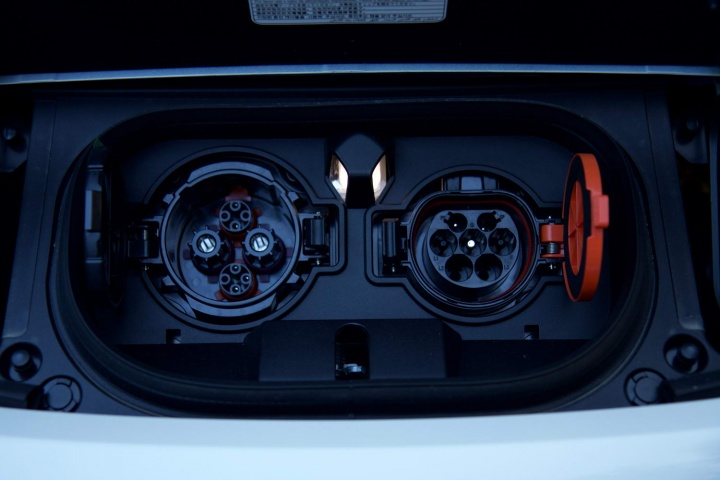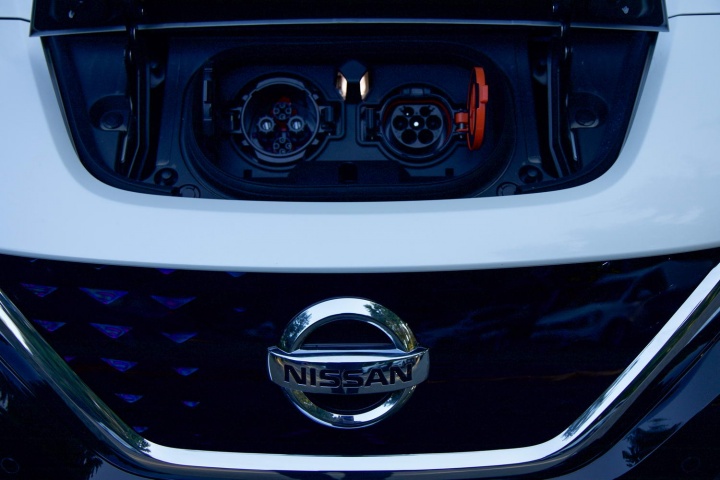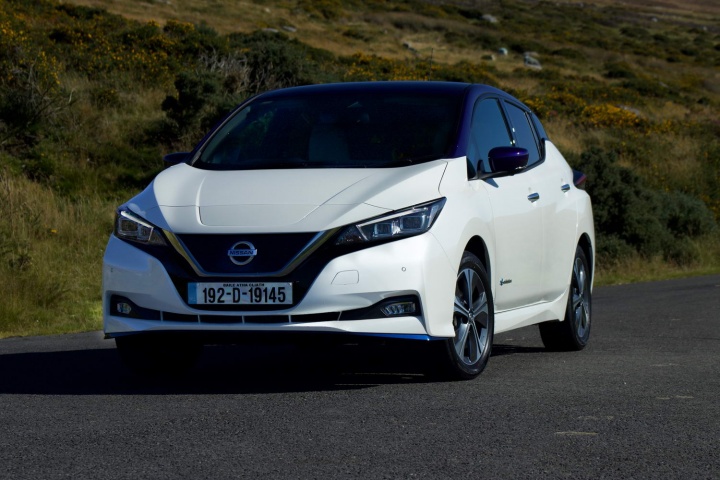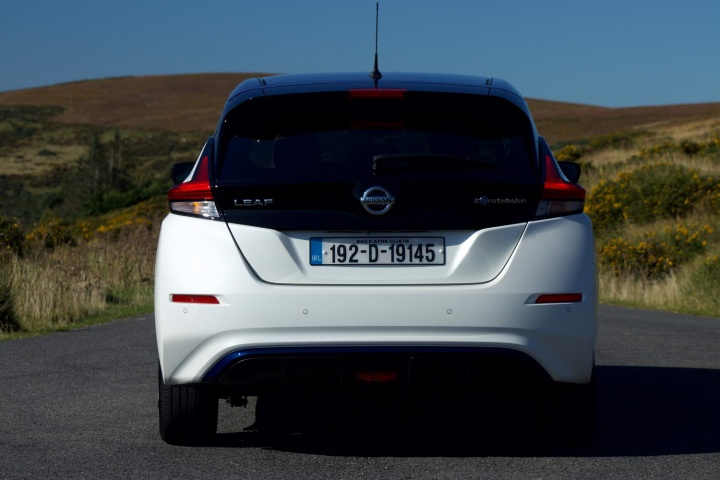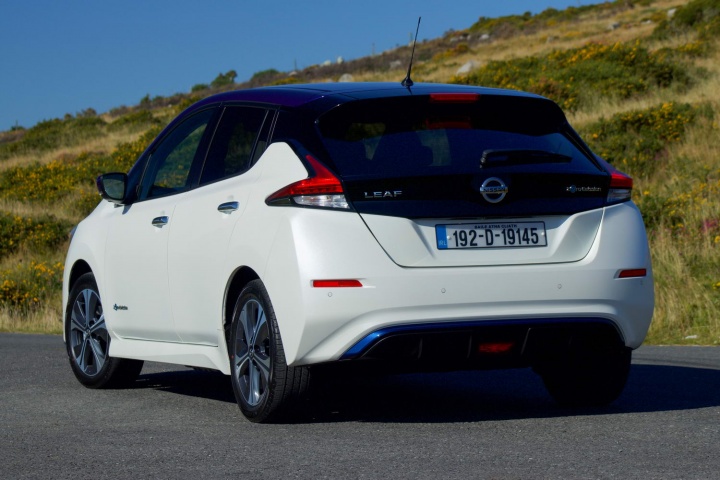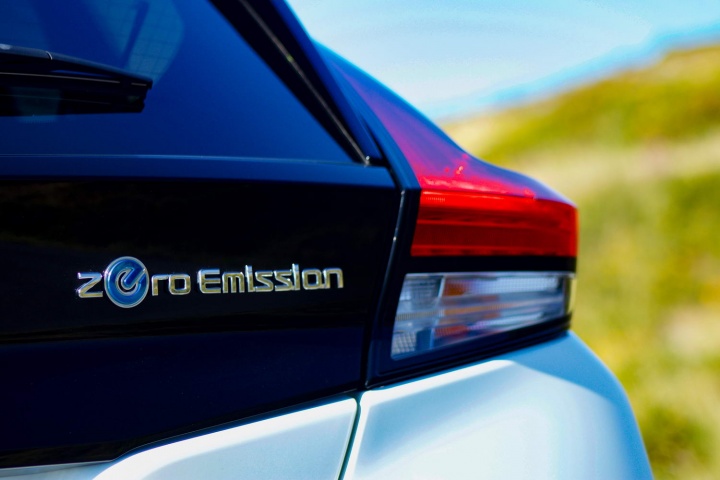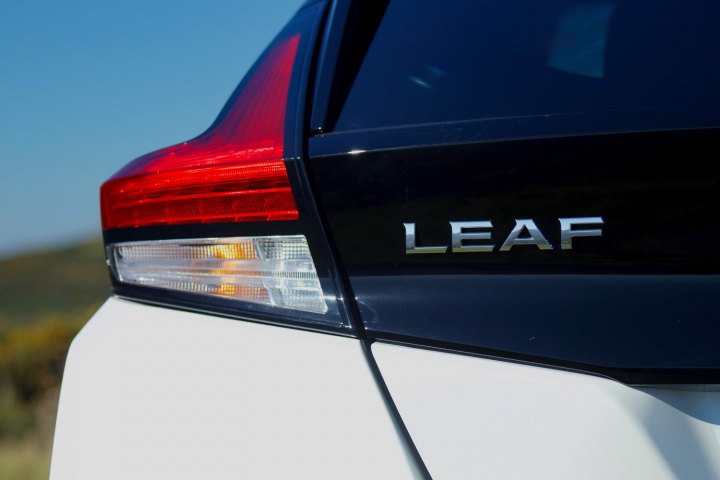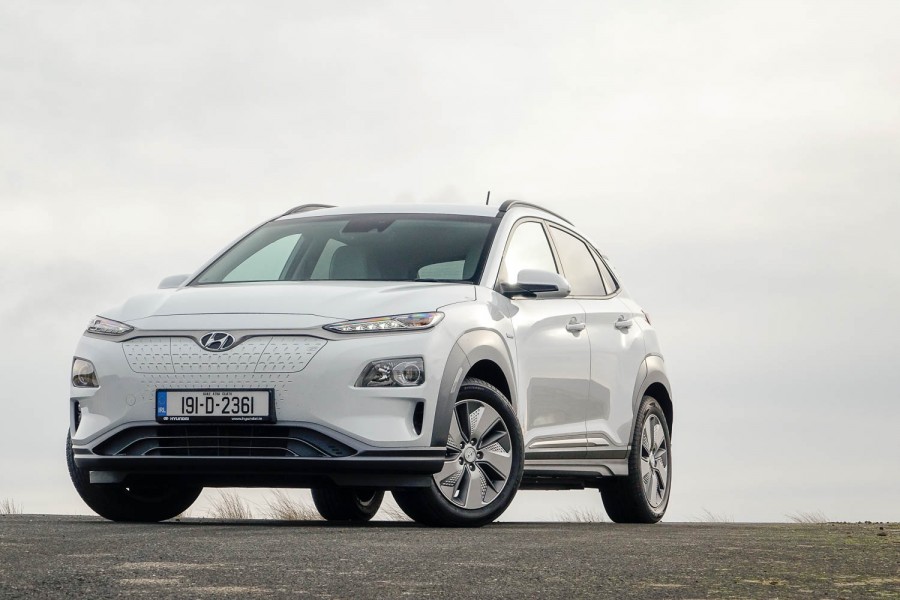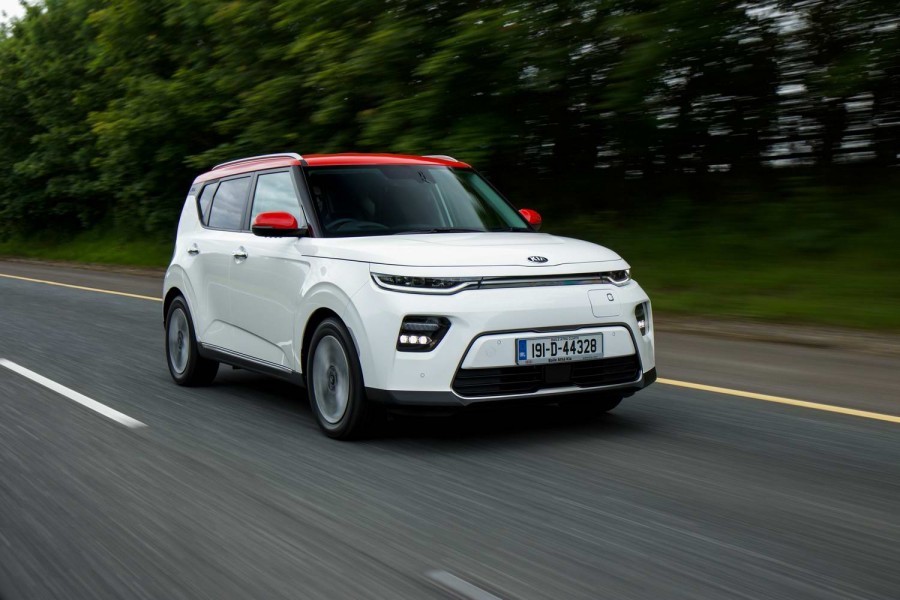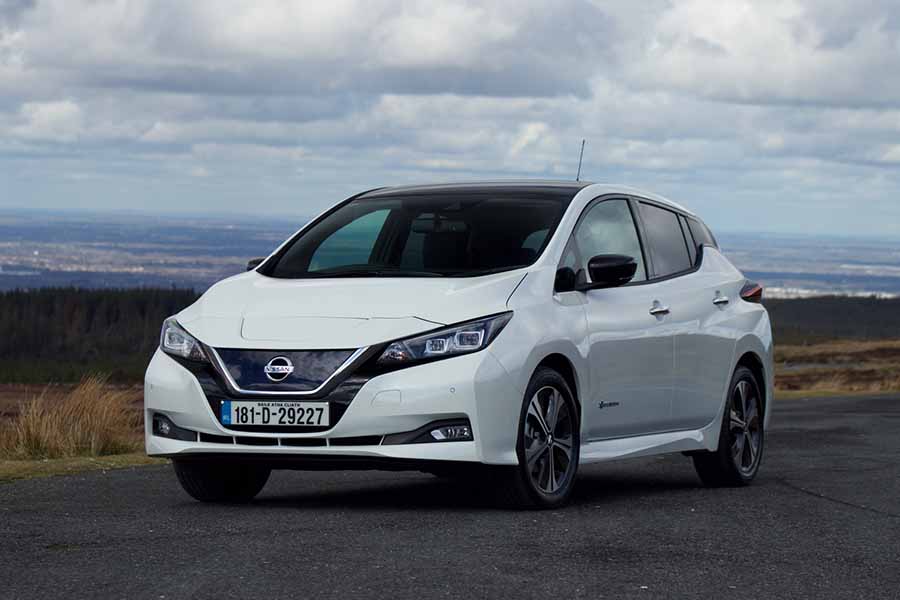What are you driving?
The Nissan Leaf has become the ubiquitous electric car, certainly in Irish terms. It's the best-selling EV of all time, so far, and the Mk1 Leaf, launched in 2010, was a genuine pioneer vehicle - a car that, like the Ford Model T, Volkswagen Beetle and Mini before it, helped to change the way we drove and thought about cars.
This second-generation model has been even more successful, but with a 40kWh battery and a sub-300km range, it was slipping behind the likes of the Kia e-Niro and e-Soul, and the Hyundai Kona Electric. So, Nissan has fitted a larger 62kWh battery, which in theory should give the Leaf the armoury to fight off the Korean interlopers.
To go with the bigger battery, there's a more powerful electric motor, producing 217hp and 340Nm of torque. The rest of the Leaf remains the same - it's actually quite a handsome, if quietly so, car, and the cabin is roomy and well-made. The boot is big too, although on our top-sped SVE test car, it was a little impinged upon by the amplifier for the Bose sound system.
Name its best bits
Where the existing 40kWh Leaf was always brisk to drive, this 62kWh version, packing an extra 68hp, is properly quick. It'll sprint to 100km/h in a hot-hatch like 6.9 seconds and, with all that 340Nm of torque dumping into the front wheels as soon as you touch the throttle pedal, you can easily get the Leaf to hooligan-like squeal its front tyres. Childish, but entertaining.
The Leaf was never a particularly exciting car to drive, though, and the steering on this version remains too remote for anything approaching fun, but Nissan has tweaked the suspension to account for the extra weight of the battery (as much as 150kg) and the extra performance from the motor, so it trundles along quite nicely. Its ride quality is excellent (which is a real boon in the Leaf's natural habitat - lumpy urban streets) and the combo of good all-round visibility and that instant torque means that dashing through gaps in traffic is both a doddle and a pleasure.
Overall quality is good too - first generation Leafs used to give into cabin squeaks far too easily, but this one feels solid as a rock, and if the infotainment system looks a little old fashioned, then at least it's easy to use.
Anything that bugs you?
The problem here is range. At its best, the Leaf will only go for a WLTP-rated 385km on a full charge of its batteries. That leaves it some 65km short of what a rival Hyundai or Kia will promise you, and that's enough to take away your comfort. Put it this way - starting with a full charge, and with a small diversion to Maynooth on the way, the Leaf failed to make it from Dublin to Belfast in one go without stopping for a recharge. To put that in context, the Kia e-Soul did the same journey with loads of charge left. At times, and depending on the weather and how much you're using things like air conditioning and heating, the Leaf's useable range can drop very low indeed, and while it will usually go further than it initially claims to be able to, hopping in to see a low range-to-recharge figure is less than confidence-inspiring.
That's just simply not good enough anymore, not least because Nissan is asking the same money for this Leaf has the Korean companies ask for their much more flexible electric cars. The secret is likely in the battery cooling system - Nissan has stuck with air cooling, while both Hyundai and Kia have embraced liquid cooling, which is much more efficient. The Leaf also sticks with the older type of CHADEMO fast-charging point, so it's not compatible with the latest breed of ultra-rapid 150kW charging points.
And why have you given it this rating?
The Leaf is still a decent car, and a good electric car, but the problem here is one of cost and reward. For the money Nissan is asking for this 62kWh version, it simply doesn't represent enough of a step forward over the standard 40kWh version, and it's certainly not as good an all-rounder as the Kias or the Hyundai. The once-and-future king has lost his crown.
What do the rest of the team think?
As ever, the Leaf is likeable and inoffensive. It'll appeal to those that want an electric car, but not a crossover. I don't think the range will limit its sales, however, but the price might, especially with cars such as the new Volkswagen ID.3 coming next year. Nissan may have a head start over many when it comes to selling electric cars, but it needs to raise its game again to ensure the Leaf stays ahead.
Shane O'Donoghue - Editor

